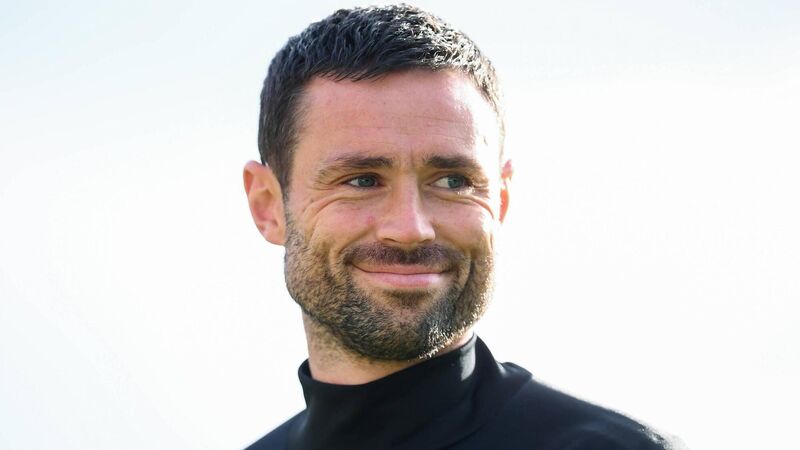Damien Delaney: 'One of my favourite novels is Voltaire’s Candide'

Former soccer star Damien Delaney. Picture: Stephen McCarthy/Sportsfile
One thing that stands out as a kid growing up in a housing estate in Donnybrook in Cork was that my mother used to let me watch the original Predator movie with Arnold Schwarzenegger on VHS. I was only about 10 or 11 years of age. I remember asking my mother about it recently and she said: “It kept you quiet.” I used to watch it on repeat, two or three times in a row. I can still repeat it line for line like the scene where a soldier is screaming at the native Indian character, the tracker:




